Jihadist Resurgence: Boko Haram and ISWAP Intensify Attacks in Northeast Nigeria
- by Muhammad, Nigeria, RNG247
- about 3 days ago
- 40 views
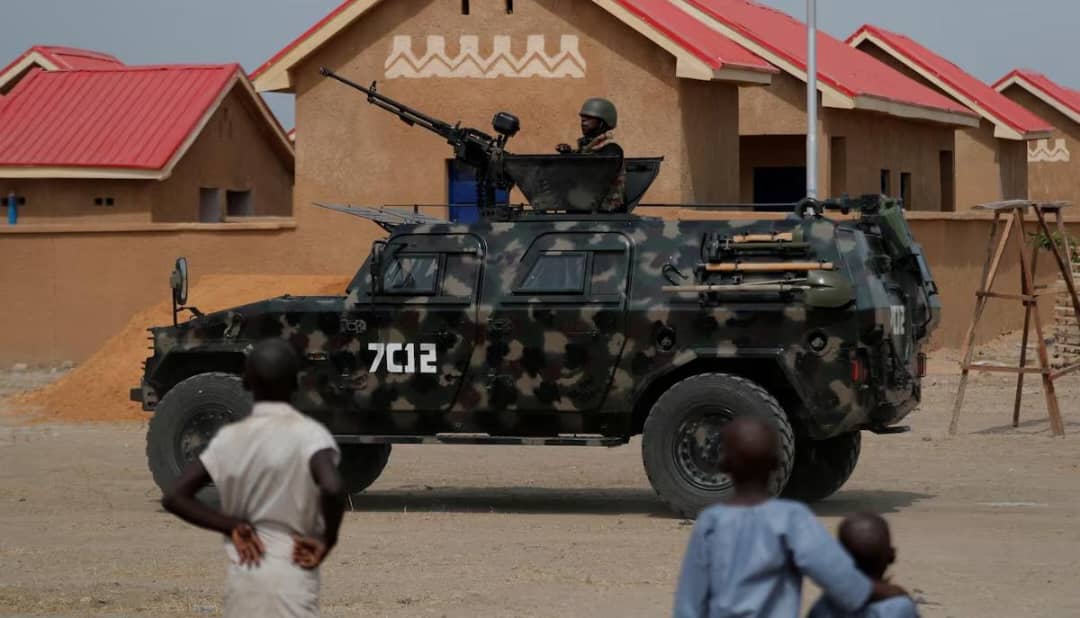
A troubling surge in violent attacks in Nigeria's northeastern region has raised alarm over the potential resurgence of jihadist groups, notably Boko Haram and its splinter organization, the Islamic State West Africa Province (ISWAP). Security analysts caution that a strategic shift in tactics, including the deployment of armed drones and explosive devices on major roads, marks a dangerous escalation in the conflict that has plagued the area for over 15 years.
Recent reports indicate that at least 22 individuals lost their lives during a series of coordinated assaults over the weekend in Adamawa and Borno states. The violence escalated further on Monday, as an explosive device detonated in Borno, resulting in the deaths of 26 people aboard two vehicles. These grim incidents are part of a broader trend, with dozens of lives claimed in numerous jihadist attacks since the beginning of the year.
In Borno, the epicenter of the insurgency, Governor Babagana Zulum has issued urgent warnings regarding the growing boldness of the insurgents. He lamented a noticeable lack of military counteraction, suggesting that jihadists are increasingly gaining ground in the region. Security experts attribute this resurgence to a temporary lull in conflict between Boko Haram and ISWAP, alongside the troubling incorporation of advanced aerial technology by these militant groups.
"Both groups have become emboldened and demonstrate a level of sophistication in their operations," stated James Barnett, a research fellow at the Hudson Institute specializing in Nigerian insecurity. Analysts believe that ISWAP’s recent use of armed drones indicates a significant influx of resources and funding linked to the broader Islamic State network. Last month, an alarming incident highlighted this technological advancement when insurgents executed a drone attack on a military outpost located near the Cameroonian border.
Vincent Foucher, a research fellow at the French National Centre for Scientific Research who has conducted interviews with former fighters, noted that there are indications of guidance from Islamic State advisers being provided to ISWAP militants on the ground. "Their tactical improvements coincide with the evident use of drones, explosives, and large-scale assaults," Foucher explained, emphasizing the potential impact of this external support.
Historically, Boko Haram and ISWAP have engaged in fierce competition for dominance since their split in 2016, but recent strategies suggest a temporary ceasefire in their infighting, allowing them to focus on executing attacks against civilians and military targets alike. Governor Zulum confirmed that militants are reorganizing within the Lake Chad basin and the Sambisa Hills, both key areas near the border with Cameroon.
While the Nigerian military has yet to respond to inquiries regarding the recent upsurge in violence, Malik Samuel, a senior researcher at the security think tank Good Governance Africa, characterized the resilience of the jihadist forces as alarming. "Their current resurgence mirrors previous periods of aggression when they initiated attacks rather than waiting for the military to strike first," he remarked.
As the region braces for further violence, the implications of these developments only deepen the crisis faced by Nigeria and raise concerns about the stability and security of not just northeast Nigeria, but the West African region as a whole.




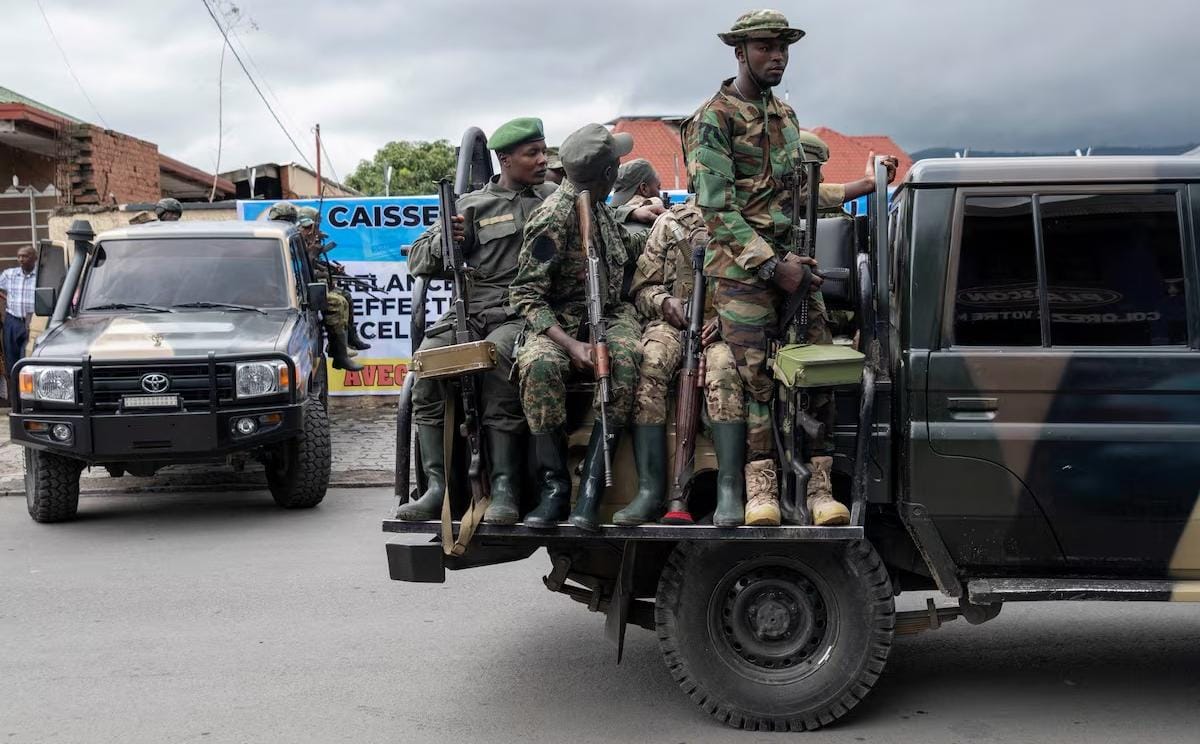



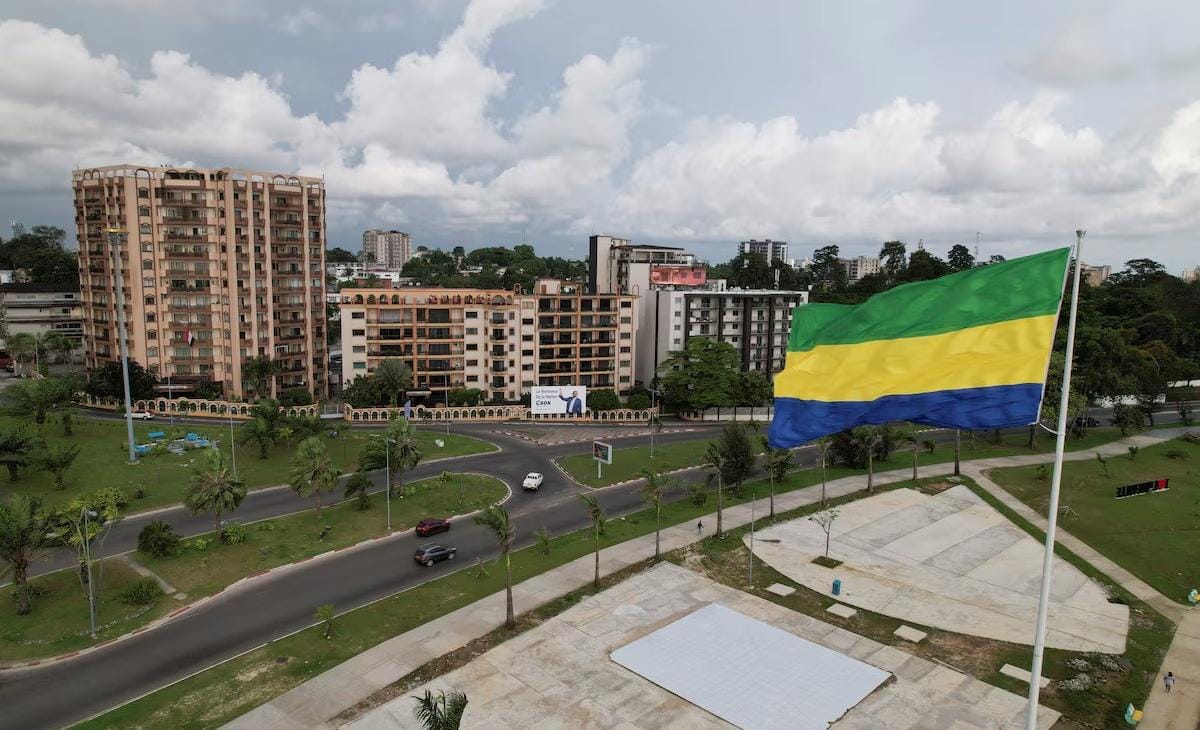

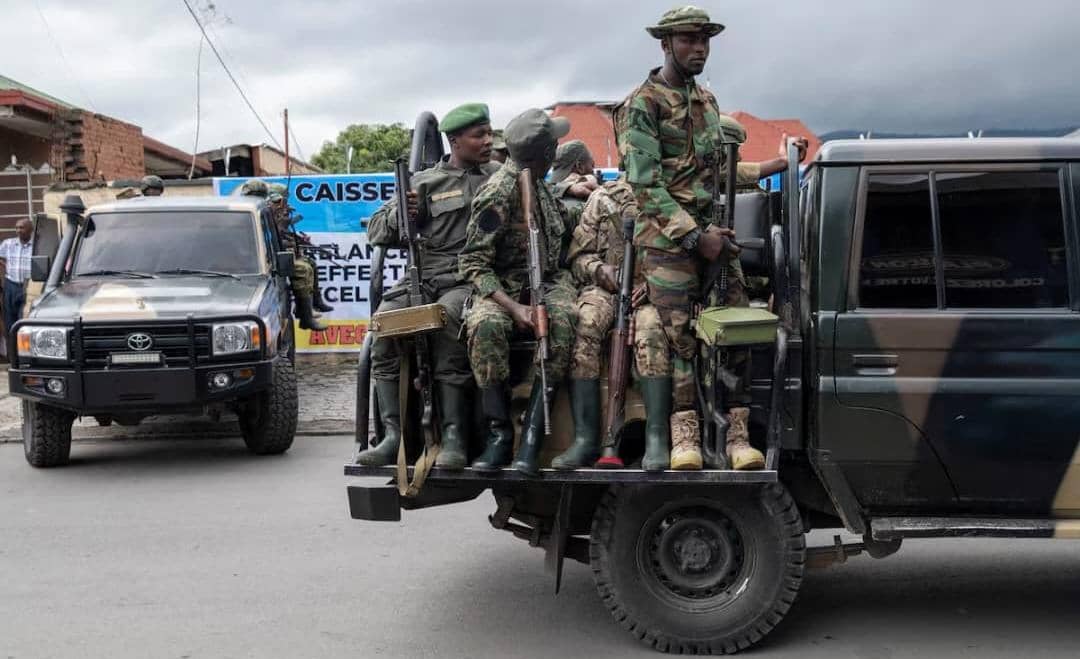

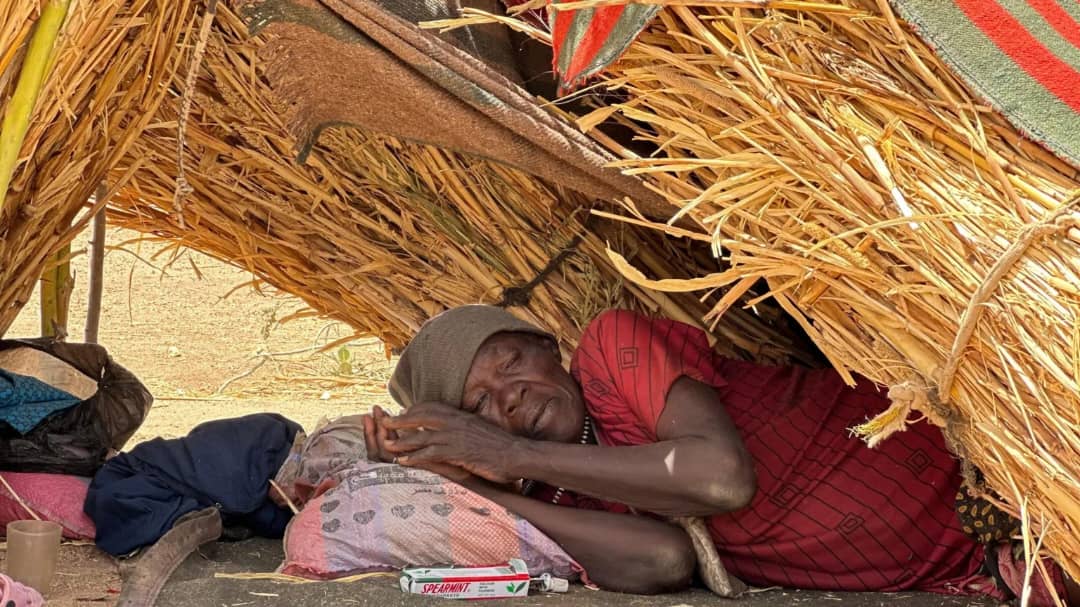
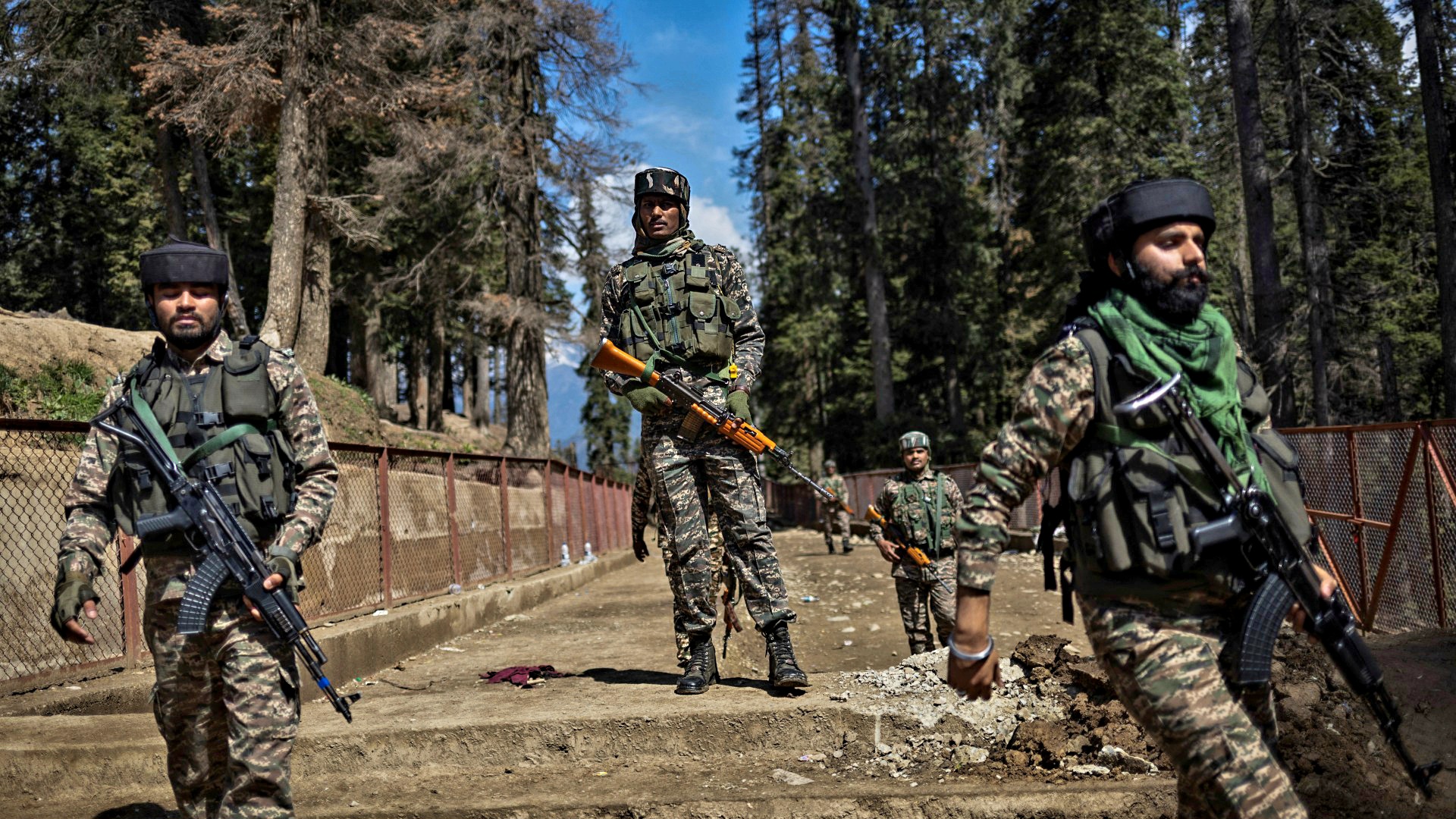


0 Comment(s)